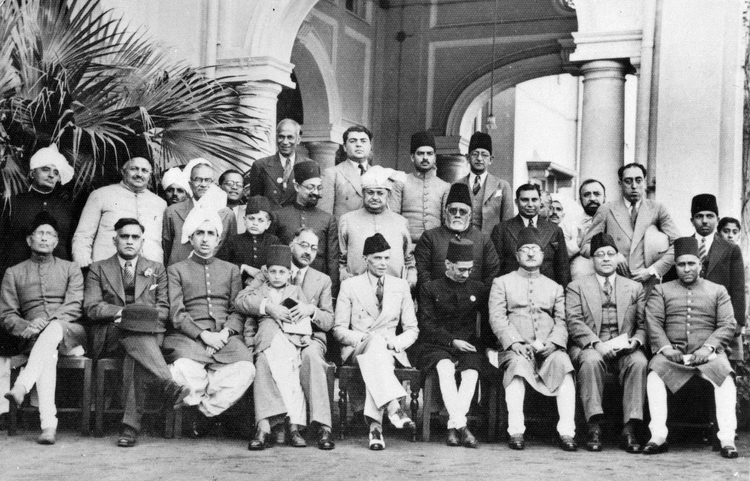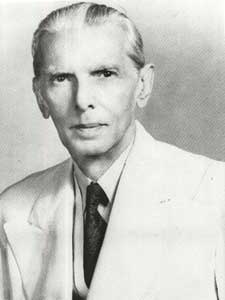Jinnah, Fatima, 1894-1967
Enlarge text Shrink text- Her My brother, 1987:t.p. (Fatima Jinnah)
- LC data base, 4/30/88(Jinnah, Fatima, 1894-1967)
- Farmūdāt-i Fāt̤imah Jināḥ, c2003:t.p. verso (Fatimah Jinnah)
- Afkār-i mādar-i millat, 2008:prelim. (فاطمه جناح = Fāt̤imah Jinnāḥ)
- Fatima Jinnah; b. 30 July 1893, Karachi, British India (now Pakistan), d. 9 July 1967, Karachi; Pakistani dental surgeon, biographer, stateswoman and one of the leading founders of Pakistan ( (Wikipedia, Oct. 7, 2015) )
Fatima Jinnah (31 July 1893 – 9 July 1967) was a Pakistani politician, stateswoman, author, and activist. She was the younger sister of Muhammad Ali Jinnah, the founder and first Governor-General of Pakistan. She served as the Leader of the Opposition of Pakistan from 1960 until her death in 1967. After obtaining a dental degree from the University of Calcutta in 1923, she became the first female dentist in undivided India. She was a close associate and adviser to her brother, Muhammad Ali Jinnah. After the independence of Pakistan, she co-founded the All Pakistan Women's Association, which played an integral role in the settlement of women migrants in the newly formed country. She remained the closest confidant of her brother until his death. After his death, Fatima was prevented from addressing the nation until 1951; her 1951 radio address was interrupted, which many believed was an attempt by the Liaquat administration to censor her. She wrote the book My Brother in 1955, but it was only published 32 years later, in 1987. Before publication, several pages were removed by Sharif al Mujahid of the Quaid-i-Azam Academy, as they were deemed to be against the "ideology of Pakistan." Fatima came out of her self-imposed political retirement in 1965 to participate in the presidential election against President Ayub Khan. Despite winning the popular vote, Fatima lost the electoral college to Ayub Khan. Fatima died in Karachi on 9 July 1967, sparking controversy with rumours of unnatural causes. Although her nephew, Akbar Pirbhai, called for an inquiry, no official report was issued. Nearly half a million people attended her funeral in Karachi. Her legacy is associated with her support for civil rights. She is commonly known as Madar-e-Millat ("Mother of the Nation"), and Khatun-e-Pakistan ("Lady of Pakistan"), many institutions and public spaces in Pakistan have been named in her honour.
Read more on Wikipedia >
 Personality
Personality





